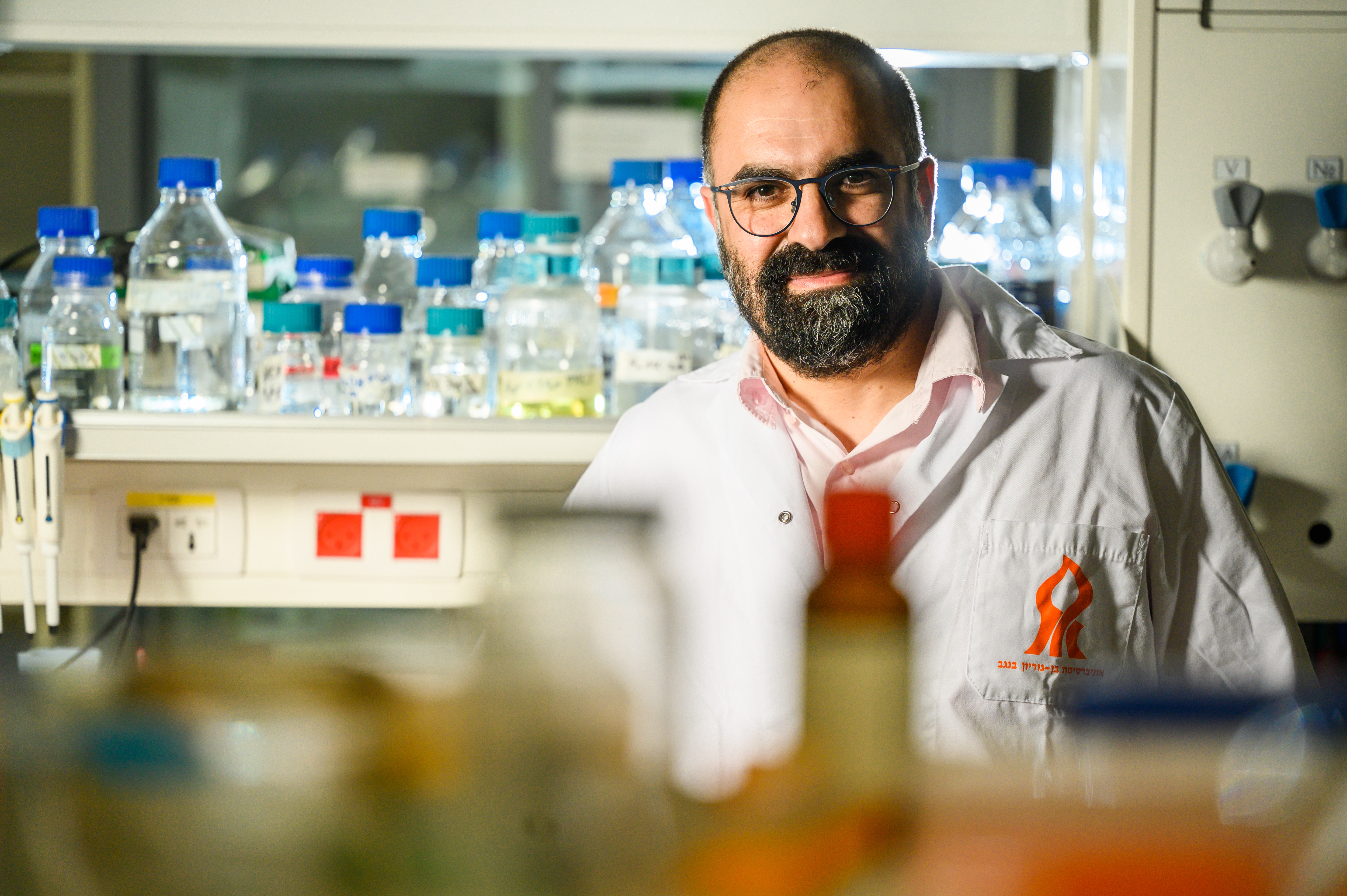More and more scientific discoveries and breakthroughs are occurring because of innovative and unconventional approaches to research. At Ben-Gurion University of the Negev, a computational biochemist decided to examine DNA replication using a linguistic perspective. DNA is represented by groupings of letter sequences and Dr. Barak Akabayov (pictured below) wanted to see if he could gain new insights by analyzing the structure of those sequences.

His and his team's findings were published recently in the prestigious peer-reviewed journal Nucleic Acids Research.
DNA-protein interactions underpin living cells and understanding them could lead to the ability to control their replication. Dr. Akabayov built a machine learning algorithm and found that letter groupings in DNA repeated in predictable ways. He also found that analyzing the groupings linguistically revealed their functions. His algorithm can both identify important groupings and predict future groupings, which lays the groundwork for a whole new approach to drug development.
Not content to rely solely on theoretical proof, he and his team verified the results experimentally.
“We were successful in developing a multi-disciplinary approach that is innovative on a number of levels," explains Dr. Akabayov, “Thanks to the tool we developed, we can control specific interactions between DNA and proteins, and identify those DNA sequences that are important to duplicate cleanly before the cell splits. I believe we can use this approach to plan innovative new drugs in the future as needed."
Additional researchers from BGU included: graduate students Adam Soffer, Sarah E. Eisdorfer, Morya Ifrach, Stefan Ilic, Ariel Afek, Hallel Shussheim, and Dr. Dan Vilenchik of the School of Computer and Electrical Engineering.
Dr. Akabayov is a member of the Department of Chemistry in the Faculty of Natural Sciences and the Data Science Research Center.
This study was supported by the Israel Science Foundation (Grant no. 1023/18).
Media Coverage
JPost
The Jewish Press
Arutz 7